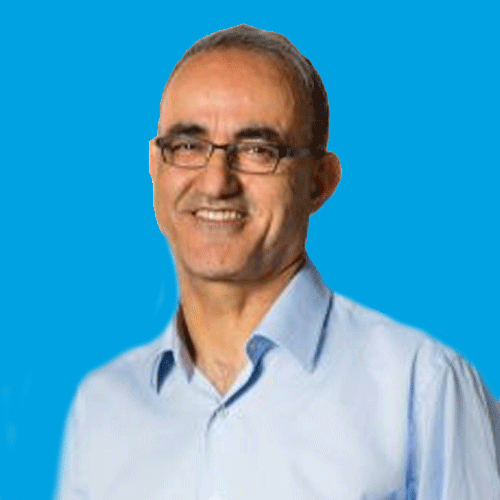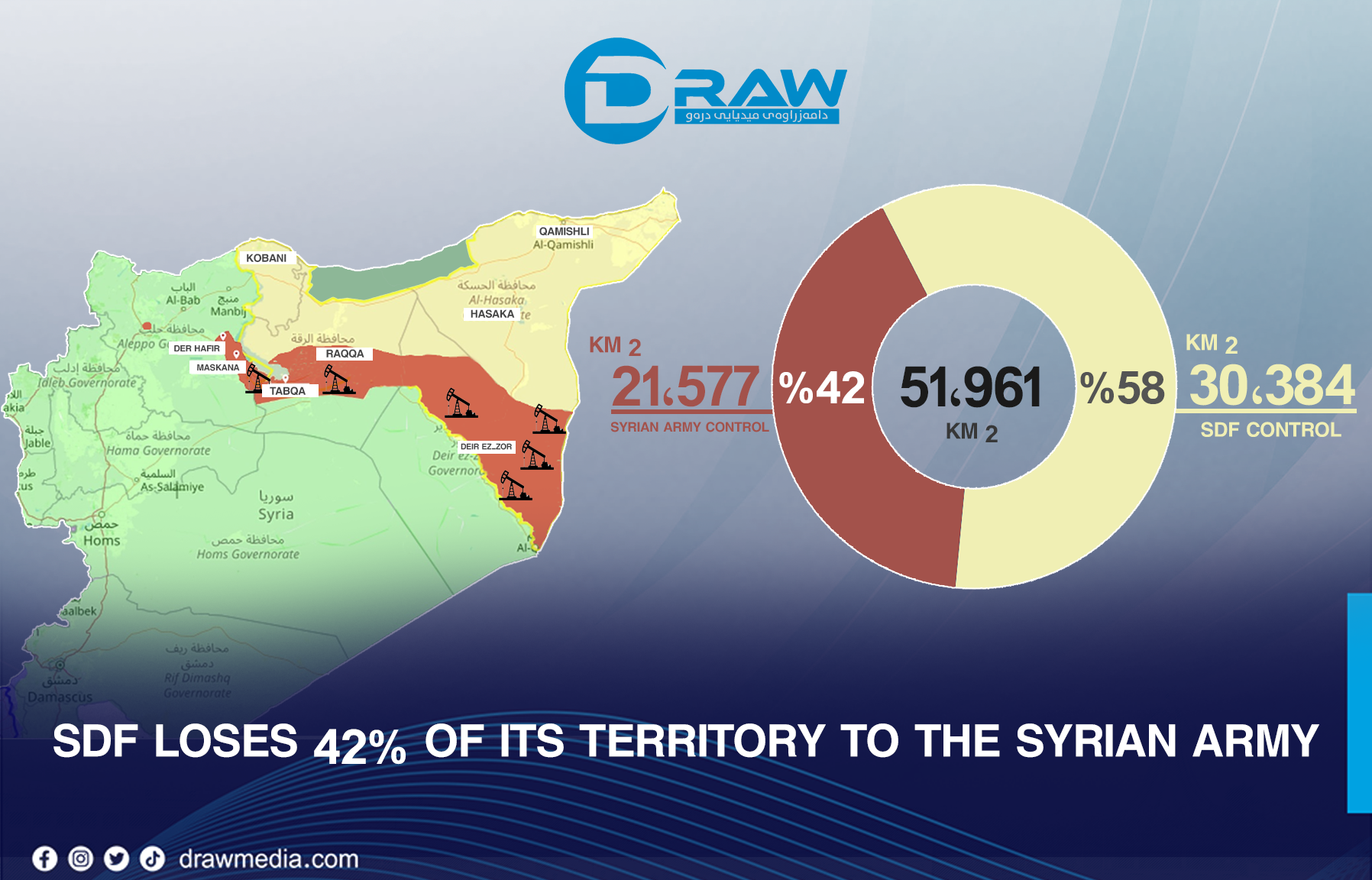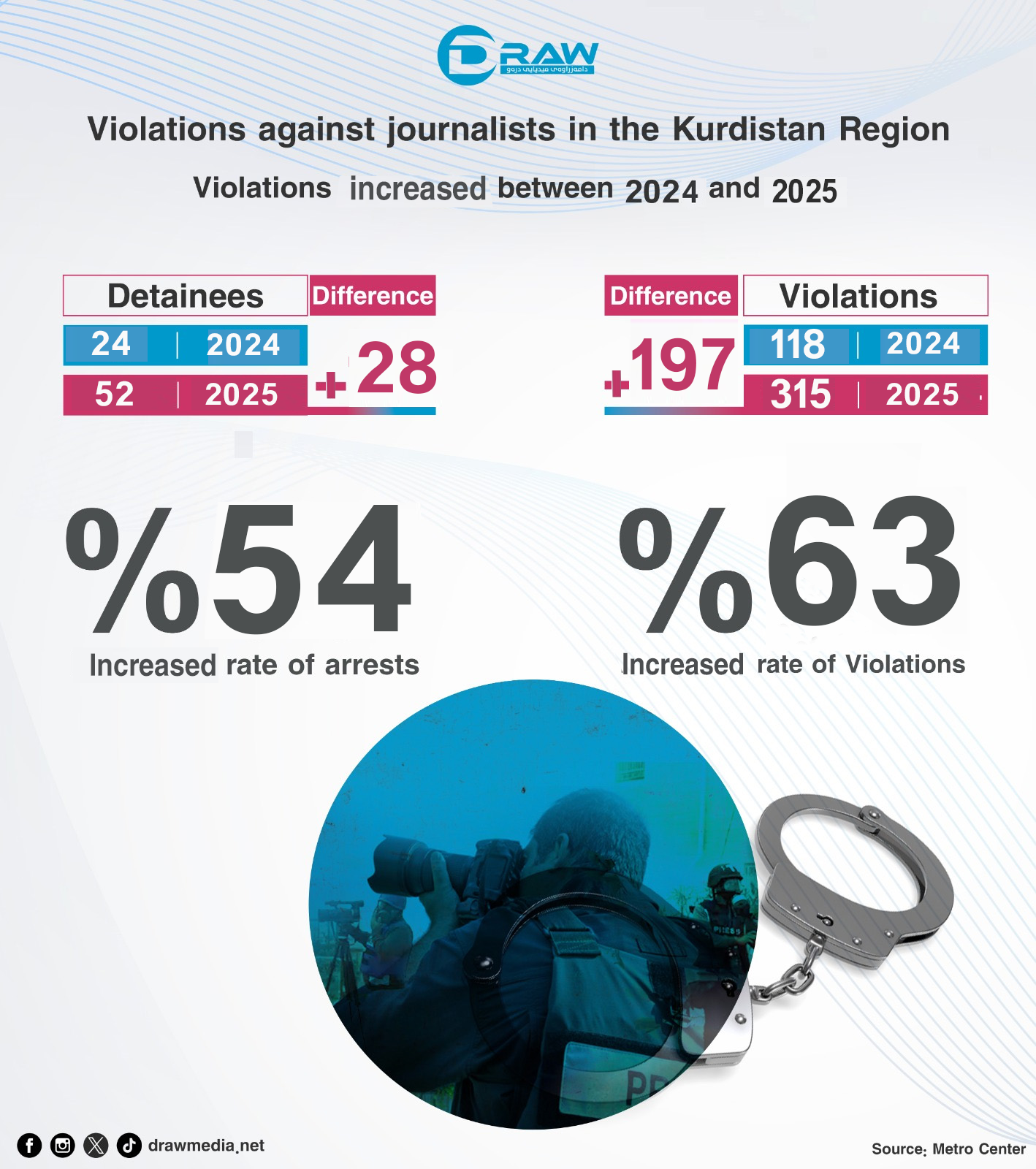Professor Chomsky and the Kurds

2021-04-08 10:25:35
Kani Xulam
Famed American Professor Noam Chomsky missed a chance to put his incisive talents to better use when he addressed students at Zaningeha Rojava, a Kurdish university in Qamislo, northeastern Syria or western Kurdistan.
The brilliant trailblazer in the field of linguistics—who has been ridiculed by Turkish President Recep T. Erdogan as “an ignoramus” and “lover of terrorists”—spoke to students of the Institute of Social Sciences on January 15, which was broadcast live on social media platforms.
I watched it on YouTube and was hoping that the critic of American imperialism would light some fireworks to the delight of anti-imperialist Kurds and their friends, but most of his lecture was largely “sound and fury,” in Shakespeare’s memorable words, and, alas, “signified nothing.”
Still, it is worth watching—if for nothing else than to see that he doesn’t really know the Kurds, or their aspirations, very well.
To be sure, Professor Chomsky praised the accomplishments of the Rojava Revolution in the fields of freedom and justice as an inspiration for the world.
Given the spiteful darkness that Islamic State insidiously spread in the region, our splendid Kurds do magnificently gleam like bright stars in the aftermath!
But you’ll be disappointed if you thought he was going to expand on the virtues of those stars and our collective responsibility, as the rest of the world, to aid them.
He didn’t.
Instead, he spent the rest of his address on the challenges facing our “sad world.” It’s indeed a sad world for Kurds, since we top the list of “terrorists” on our own land, in Turkish-misruled Kurdistan.
On issues of social justice, Turkey is “deeply retarded,” Chomsky said, but being a critic of American foreign policy, he quickly equated Ataturk’s Turkey with Jefferson’s republic.
I have never questioned Professor Chomsky’s encyclopedic knowledge of the United States—I have actually often envied it—but does he know his Turks or even our hapless Kurds?
We are, as our bigoted neighbors are quick to remind us, still not officially a part this “sad world.” Was Professor Chomsky telling us, perhaps, the journey to self-determination, or self-rule if you will, is not really worth it?
If the world is so sad and scary, why did we shed the blood of 11,000 of our daughters and sons, like water, to extirpate the Islamic State, with help from the United States, for the good of the region and the world?
What should we tell the 300 or so foreign fighters or their parents who joined our ranks against the merciless cutthroats?
Our planet is turning into a hothouse earth, Professor Chomsky continued. He had come prepared, quoting scientists of Oxford University. He declared fossil fuels the culprit and said the Middle East is at risk of becoming unlivable, so perhaps the good old Mediterranean that once cooled the likes of Caesar and Cleopatra will now have Jacuzzi-like temperatures year-around.
There is some oil under our soil, but it has, unfortunately, been the source of enmity between us and our neighbors. People may think Saddam Hussein gassed Halapja and declared our women “halal” with the blessings of “his” holy book, Quran, but I say, if we had no oil in southern Kurdistan, some of our Halabjans might have still been alive today and thought of the chemicals as the toys of chemists in the labs.
Yes, it is true, we don’t like fossil fuels—and not because of their continued use will hasten the end of life on earth, but because our adversaries have used them to send our loved ones on a one-way ticket to hell.
The good professor also touched on nuclear weapons. They have taken the world hostage. Humanity is on the verge of extinction. Even Henry Kissinger, the enabler of Saddam Hussein, doesn’t want the world vaporized. Iran may have unkosher leaders, but it is resisting domination and deserves our … well, I really shouldn’t paraphrase anymore. You should just go watch the lecture yourself.
Iran and Henry Kissinger are noxious words for Kurds who cherish freedom and are struggling for a place of their own under the sun.
The first is an imperialist power dominating eight to ten million Kurds with the aid of public hangings. Its leaders rejoice in shedding Kurdish blood. Those who are imposing targeted sanctions on them—not ordinary Persians—deserve, I say, not our censure but gratitude.
As to Henry Kissinger, mushrooms need darkness and manure to grow. The most charitable Kurds want him to stay in the dark and grow mushrooms for the rest of his stinking life.
The question that brought a wry smile to my face came from a YouTube viewer. The anonymous person equated the Rojava Revolution with that of the Clerics in Iran and wanted to know how they could be preserved. Perhaps the person was carried away by Professor Chomsky’s matchless rhetoric on the “anti-imperialism” of Iran.
I just hope he or she was not a fellow Kurd.
The late playwright Harold Pinter acknowledges the influence of Professor Chomsky on his collected works. One of his plays is called “Mountain Language.” It was inspired by the author’s visit to Turkey in 1985 with American playwright Arthur Miller.
The Kurdish language was still illegal then. In the play, a grandmother is unable to talk to her loved one in a prison, because her language is a “forbidden tongue.” By the time the play ends, the restrictions on her “Mountain Language” have been lifted and she is told to indulge in it.
She refuses to do so. She will not be a “Kurdish” mouse to please the “Turkish” cat.
I was hoping for déjà vu from the teacher of Mr. Pinter, Mr. Chomsky.
Like let go of hatred that your leaders are instilling in you against your fellow Kurds who don’t subscribe to totalitarian views. Appeal not to the enmity, but humanity of your foes as Gandhi did in India and succeeded. Engage in fierce nonviolent resistance, which has a higher success rate than violence. Confound the misguided souls of the Middle East who can’t stand you with the unexpected, with love.
Read, for example, Tolstoy’s Resurrection for inspiration. Change the face of the Middle East that has become the epicenter of intolerance and violence with a moral revolution—by practicing it first—worthy of Prince Nekhludoff, the protagonist of the inimitable Russian novel.
One more thing. Kurds are thirsty for freedom. Perhaps the good folks at Zaningeha Rojava would consider having Jose Ramos Horta as their next guest lecturer. He helped free East Timor after all. He could have some telling lessons for us Kurds.
But If I were selecting the person that should address our future leaders, Yuval Noah Harari, the distinguished Israeli public intellectual and history professor at the Hebrew University of Jerusalem, would have been my choice. Invest in his book, Sapiens, by way of doing your homework.
Kani Xulam (@AKINinfo) is a Kurdish activist who loves experimenting with nonviolence to expand the boundaries of freedom in the Middle East.




.jpg)



.jpg)